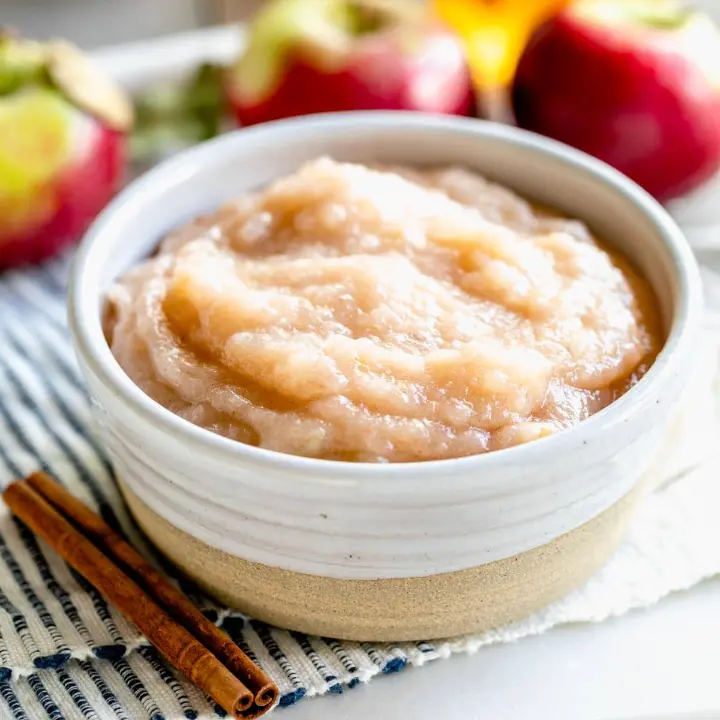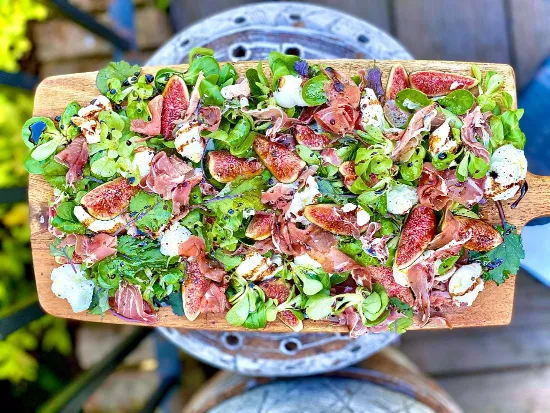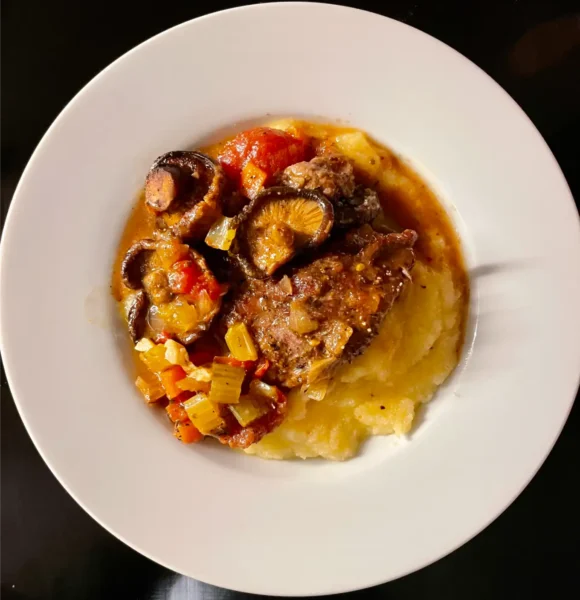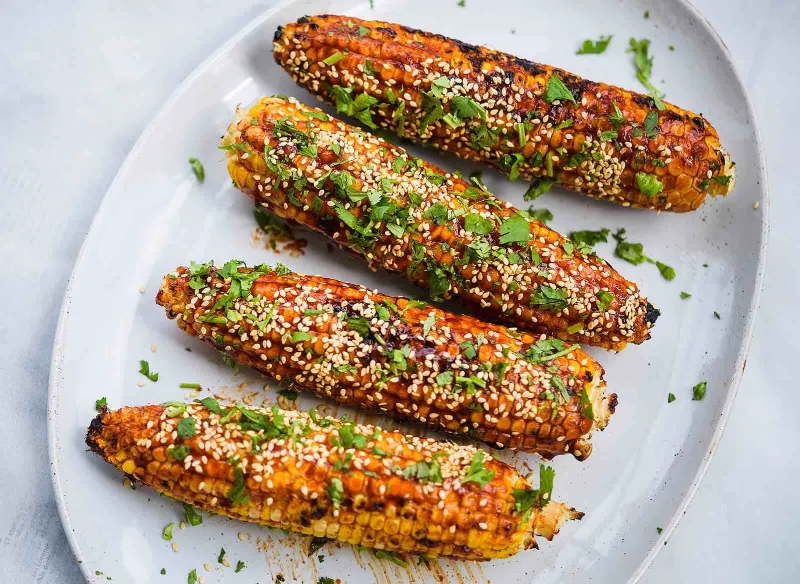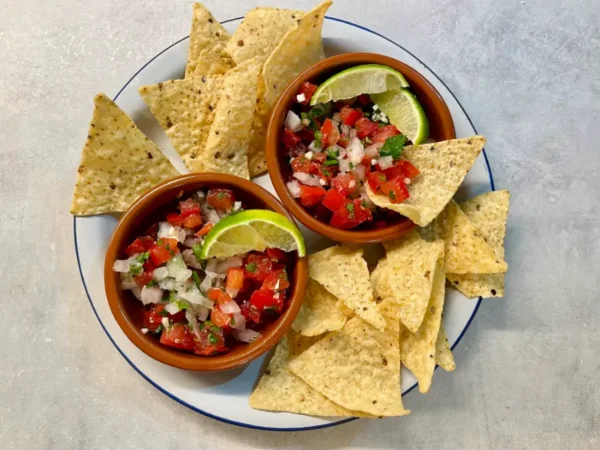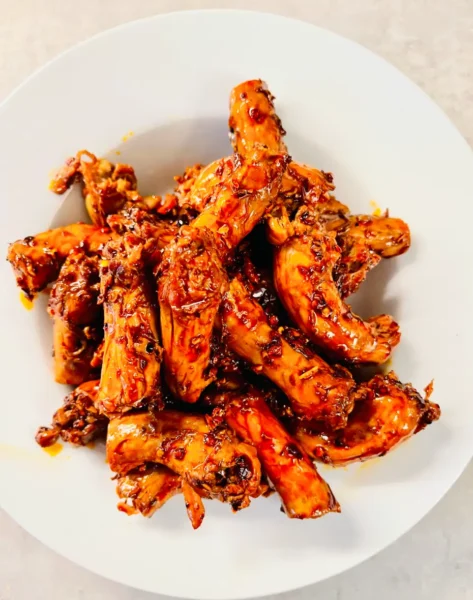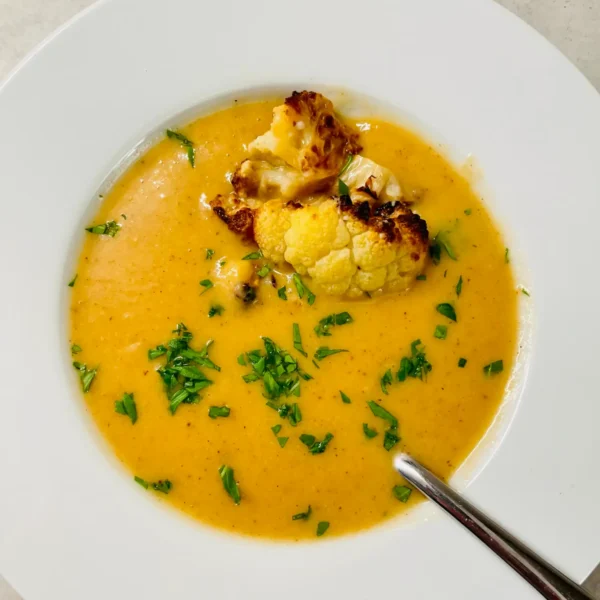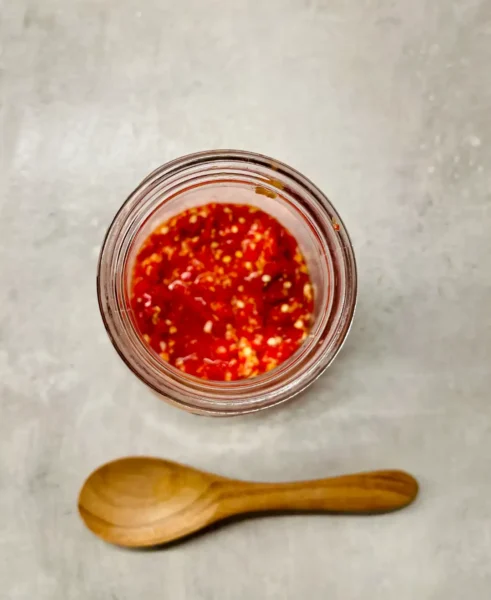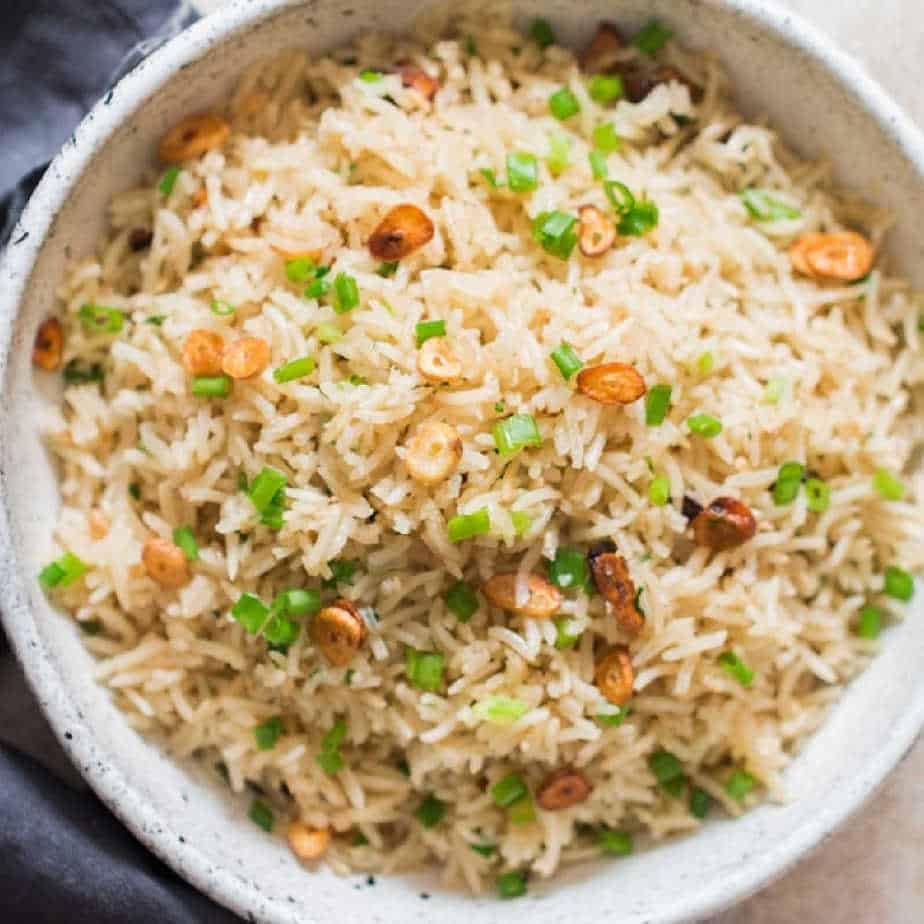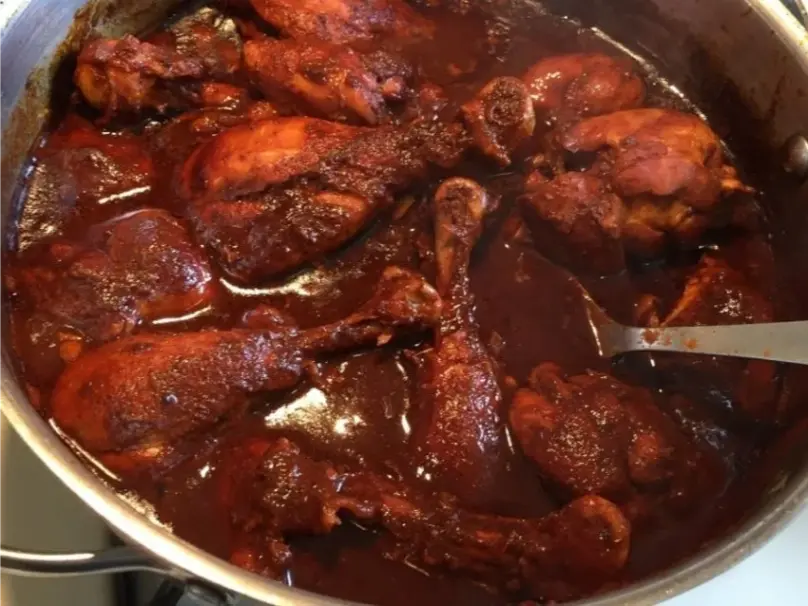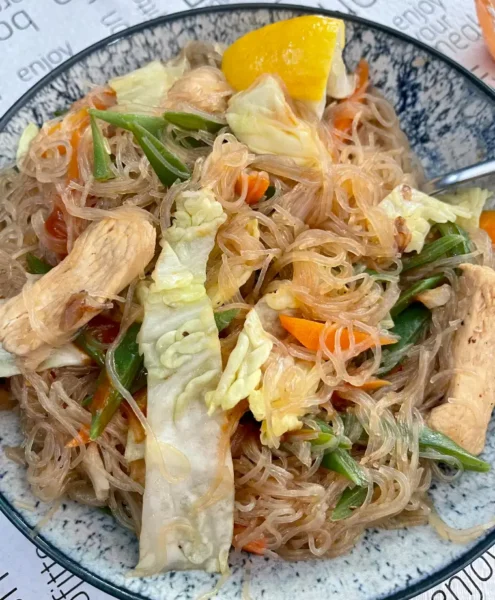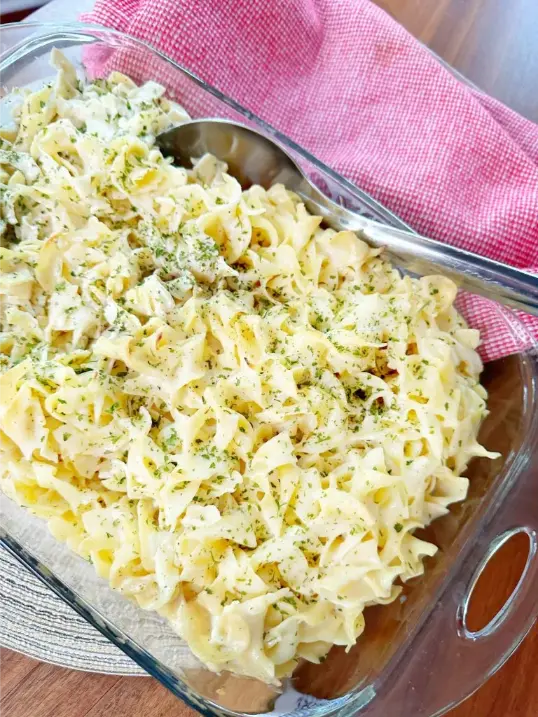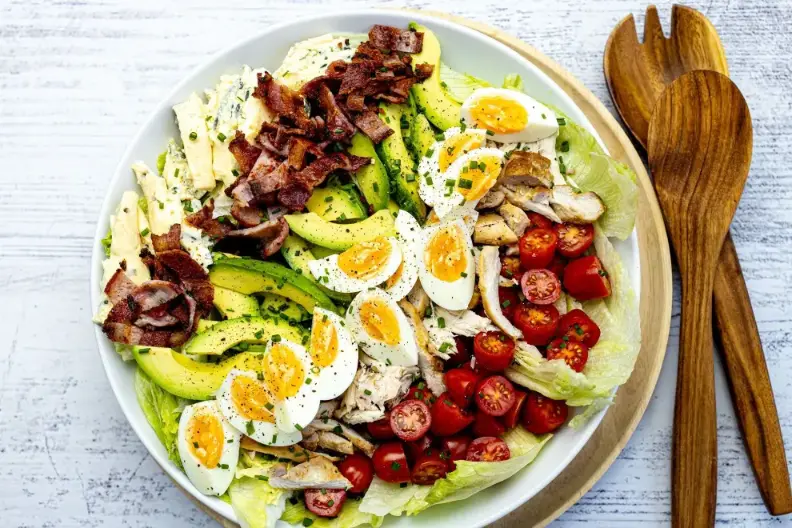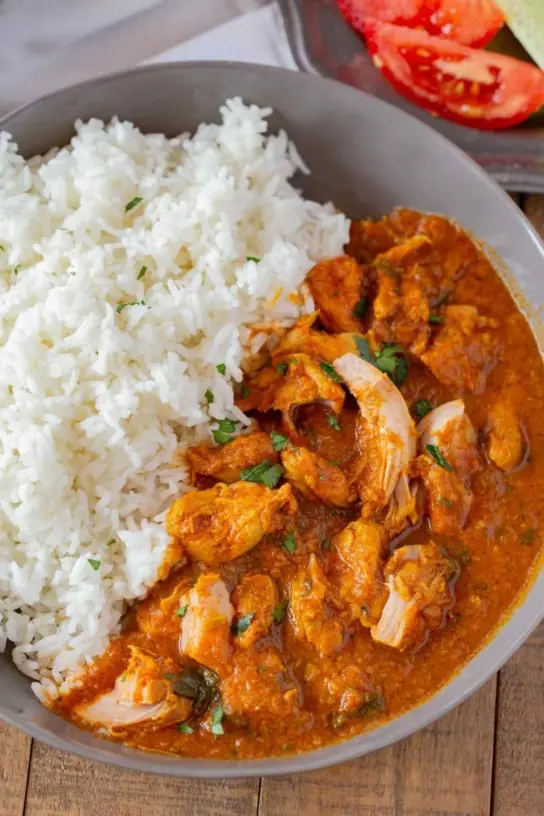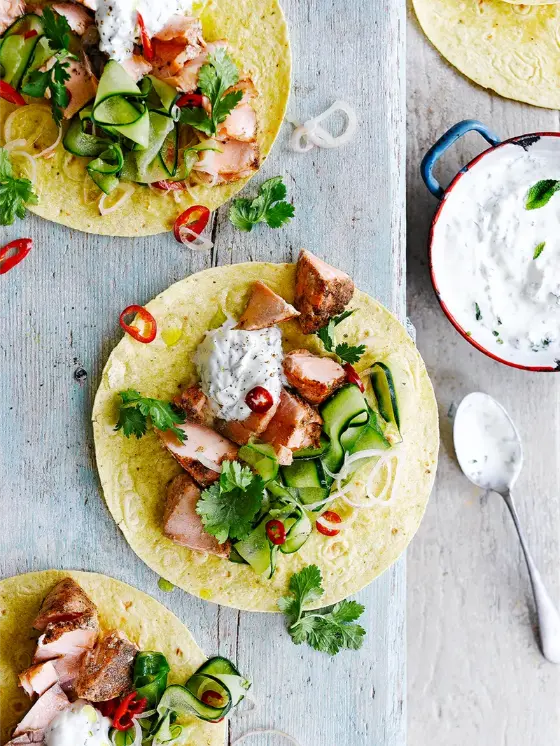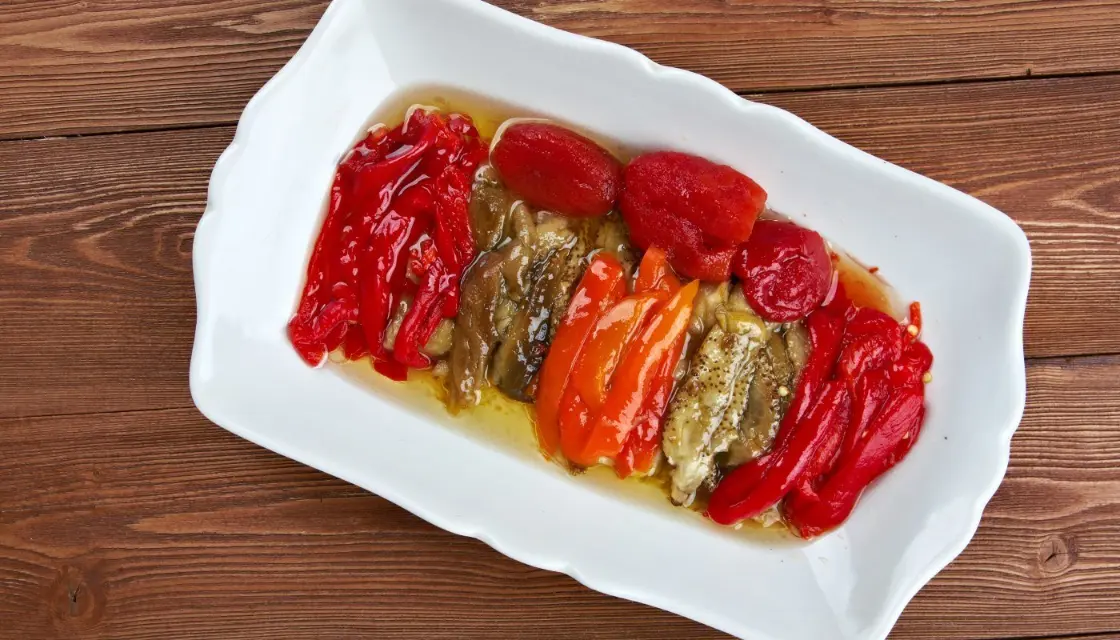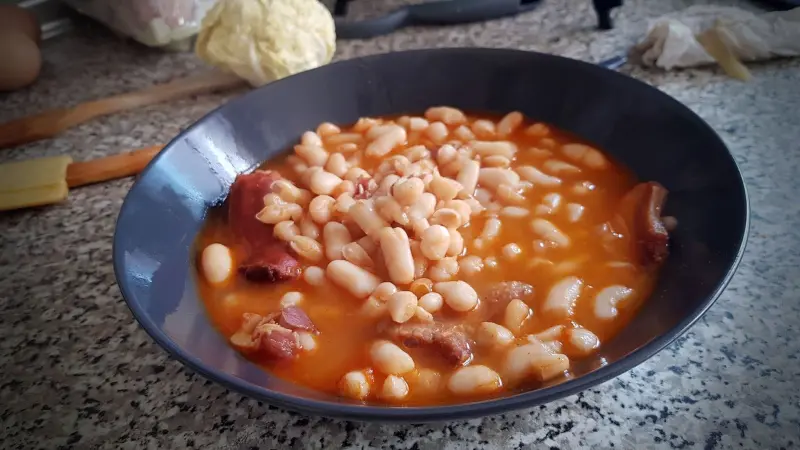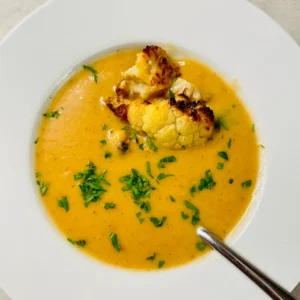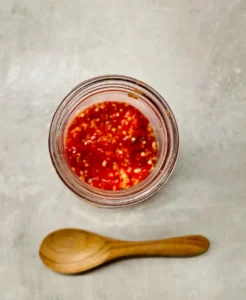Salmon with Peas and Radishes: A Spring Delight
The History of Salmon with Peas and Radishes
Salmon and peas have a long tradition of being served together, especially on the Fourth of July in New England.
This dates back to the colonial times, when salmon was abundant in the rivers and peas were one of the first crops to ripen in the gardens.
The dish was also a symbol of independence, as it was said to be enjoyed by the Founding Fathers after signing the Declaration of Independence.
Radishes, on the other hand, are a more recent addition to the plate. Radishes are native to Asia and were introduced to Europe by the Romans.
They became popular in France, where they were eaten raw with butter and salt as an appetizer.
Radishes were brought to America by the early settlers, who grew them in their gardens as well.
However, it was not until the 20th century that radishes started to be cooked and paired with other ingredients, such as salmon.
Tips and Tricks to make Salmon with Peas and Radishes
To make this dish even better, here are some tips and tricks to keep in mind:
- Choose fresh or frozen salmon fillets that are about the same size and thickness, so they cook evenly. Avoid farmed salmon, which may contain antibiotics, hormones, and pollutants. Wild-caught salmon is more sustainable and has a better flavor and texture.

Farmed Salmon - Season the salmon well with salt and pepper, and sear it on a hot skillet until the skin is crisp and golden. This will create a nice crust and lock in the juices. You can then finish cooking the salmon in the oven or on the same skillet over low heat, depending on your preference.
- Use fresh or frozen peas, but avoid canned peas, which are mushy and bland. If using fresh peas, shell them and blanch them in boiling water for a few minutes until just tender. If using frozen peas, thaw them in the microwave or in a colander under running water.
- Use any variety of radishes you like, such as the traditional red ones, the multicolored ones, or the long and slender ones. Trim the greens and save them for another use, such as a salad or a pesto. Cut the radishes in half or quarters, depending on their size.
- Make a simple and light white wine sauce to drizzle over the salmon and the vegetables. In a large skillet, sauté some chopped shallots and garlic in butter and olive oil, then add some white wine, dijon mustard, capers, water, and fresh dill. Season with salt, pepper, and a squeeze of lemon juice. Simmer until slightly thickened, then spoon over the dish.
- Serve the dish with some crusty bread, rice, or potatoes to soak up the sauce. Enjoy!
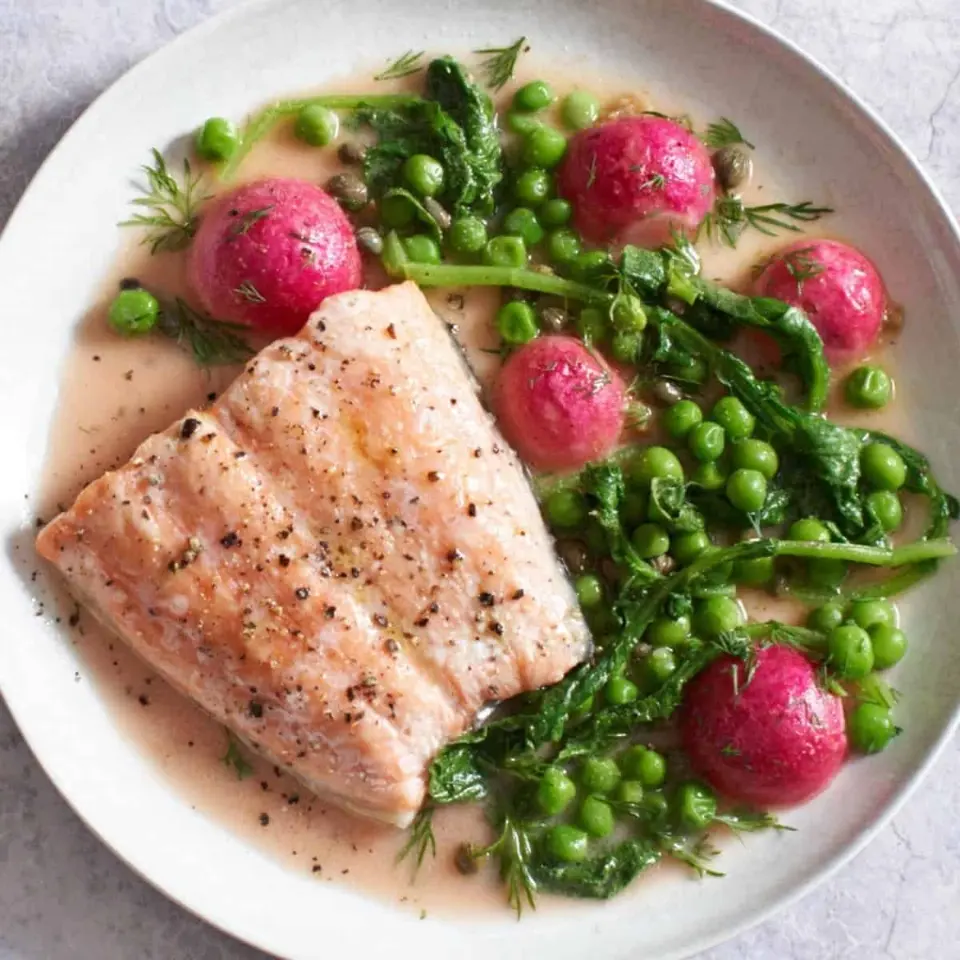
What Makes Salmon with peas and radishes Unique?
Salmon with peas and radishes is a unique dish because it combines two classic spring ingredients that are not often seen together. It is also a versatile dish that can be adapted to different occasions, seasons, and preferences. For example, you can:
- Swap the peas for asparagus, broccoli, or green beans for a different green vegetable.
- Swap the radishes for carrots, turnips, or parsnips for a different root vegetable.
- Swap the white wine sauce for a creamy dill sauce, a honey mustard sauce, or a teriyaki sauce for a different flavor profile.
- Swap the salmon for chicken, pork, or tofu for a different protein source.
The possibilities are endless!
I hope you enjoyed this blog post and learned something new. If you try this recipe, let me know how it turns out in the comments below. Happy cooking! 😊
Roasted Salmon with Peas and Radishes
Ingredients
Method
- Preheat the oven to 425 degrees Fahrenheit. Drizzle 2 tablespoons of oil over the salmon fillets and sprinkle some salt and pepper on them.
- Place them skin-side up on a baking sheet with raised edges. Roast for 8 to 10 minutes or until the fish is flaky.
- In a large nonstick skillet over medium-high heat, melt 1 tablespoon of butter with 2 tablespoons of oil. Season the halved radishes (not leaves) with salt and pepper and add them to the skillet.
- Cook, stirring occasionally, until they are golden and slightly softened, about 8 minutes. Then, add 1 cup of water, the peas, capers, miso and mustard. Stir to dissolve the miso and mustard and cook until the peas are tender, 3 to 4 minutes.
- Add remaining 2 tablespoons butter and simmer until a light sauce forms, about 4 minutes. Season with salt and pepper and garnish with dill.
- Arrange the vegetables on plates or shallow bowls and place the salmon on top. Drizzle the sauce from the pan over the dish and enjoy it while it is warm.

